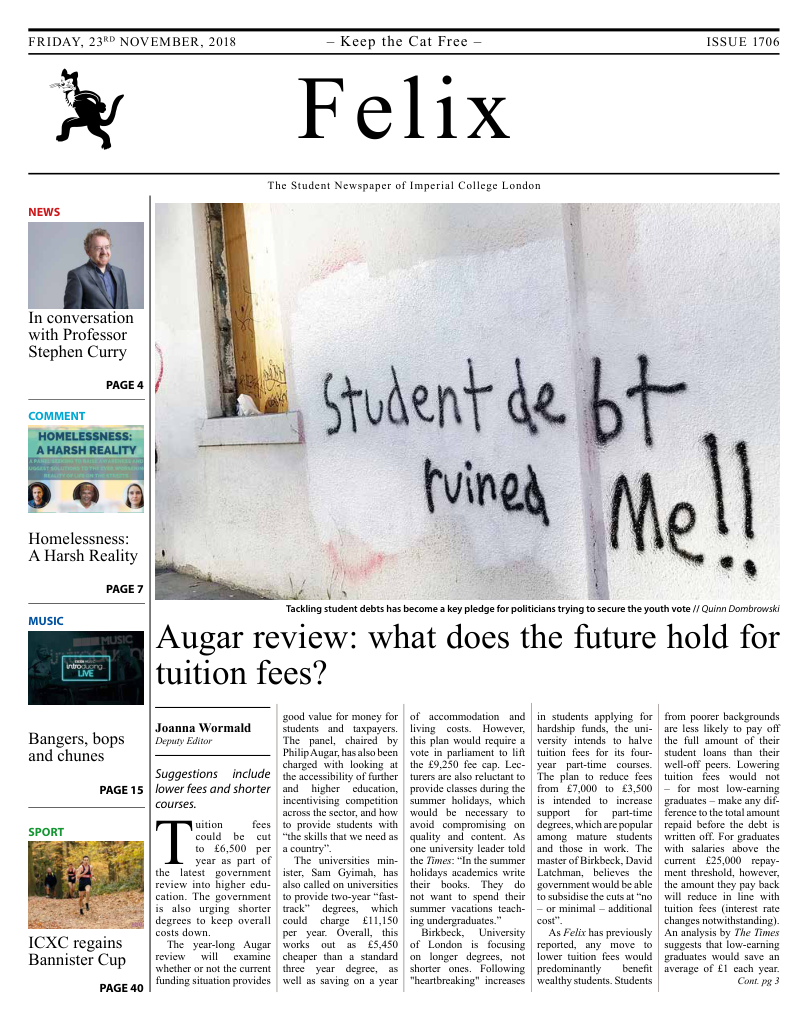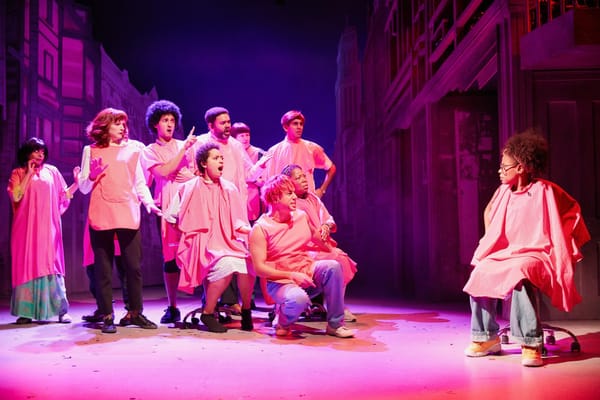Courage Everywhere: And Others – Emotion-Packed to The Core

Over the last week, the National Theatre has marked the 100th anniversary of (some) women in the UK getting the right to vote through a series of talks, rehearsed readings and screenings that reflect on suffrage and the fight for equality. And Others, aptly named to represent the women whose voices “have been lost to history” despite fighting for suffrage, was a brilliant opener to such a remarkable event.
As a non-British male, going into the rehearsed reading of this new play, I first realised how little I knew about the subject matter, which did scare me. Although, I thought it was best to embrace my lack of knowledge on the subject matter, and to learn from what I was about to witness. And learn, I did.
The reading, which was directed and performed by D/deaf (some prefer it to be capitalised) and disabled women, focused on the D/deaf and disabled women who fought for suffrage 100 years ago and the challenges these women face now, was immersive and touching. t was clear from the first moment how passionate the cast was to be a part of such a remarkable play. Despite the very specific subject matter, the reading was inclusive throughout. Being informed first hand the amount of difficulties these women face in their day to day lives, such as difficulties in voting and getting jobs as serious actresses gave the reading an extra emotional punch, as now the play was not just about women who lived 100 years ago, but women who live now amongst us. Perhaps the most shocking part of the reading was how relevant it felt to the current world. Particularly, it was eye-opening to find out about the challenges disabled people still face in voting. In fact, according to And Others, 17% of disabled people were turned away at polling stations in 2014, a number which astonished me. This was due to unequipped polling stations, and a lack of easy-read voting ballots, amongst other reasons.
Other current issues that the women touched upon included the gender pay-gap, LGBT rights, feminism, men’s roles in feminism and the #MeToo movement, with a not-so-subtle reference to the widely publicised sexual assault accusations towards the then-United States Supreme Court nominee Brett Kavanaugh by Dr Christine Ford.
Arguably the most significant running theme throughout the reading was the importance of learning from our past to avoid repeating some mistakes in the future. In times like these, it is of utmost importance to appreciate how far we’ve come in the last 100 years to establishing fair, equal communities, although it is at least as vital to know how far there is to go.
As pointed out by an audience member during the Q&A following the performance, history is a narrative that we are writing right now. So, in a hundred years from now, what do you want the history books to read?
-4 stars








